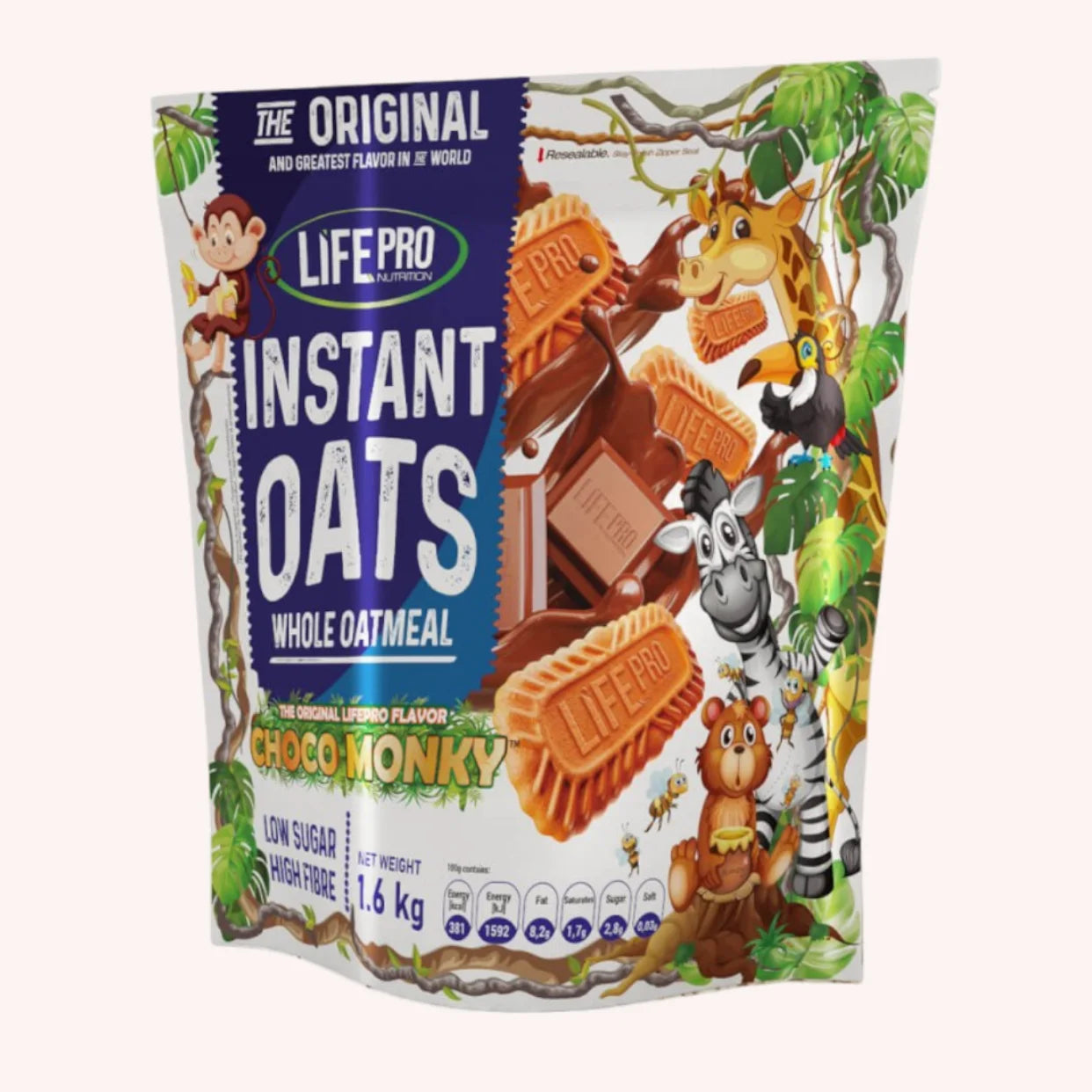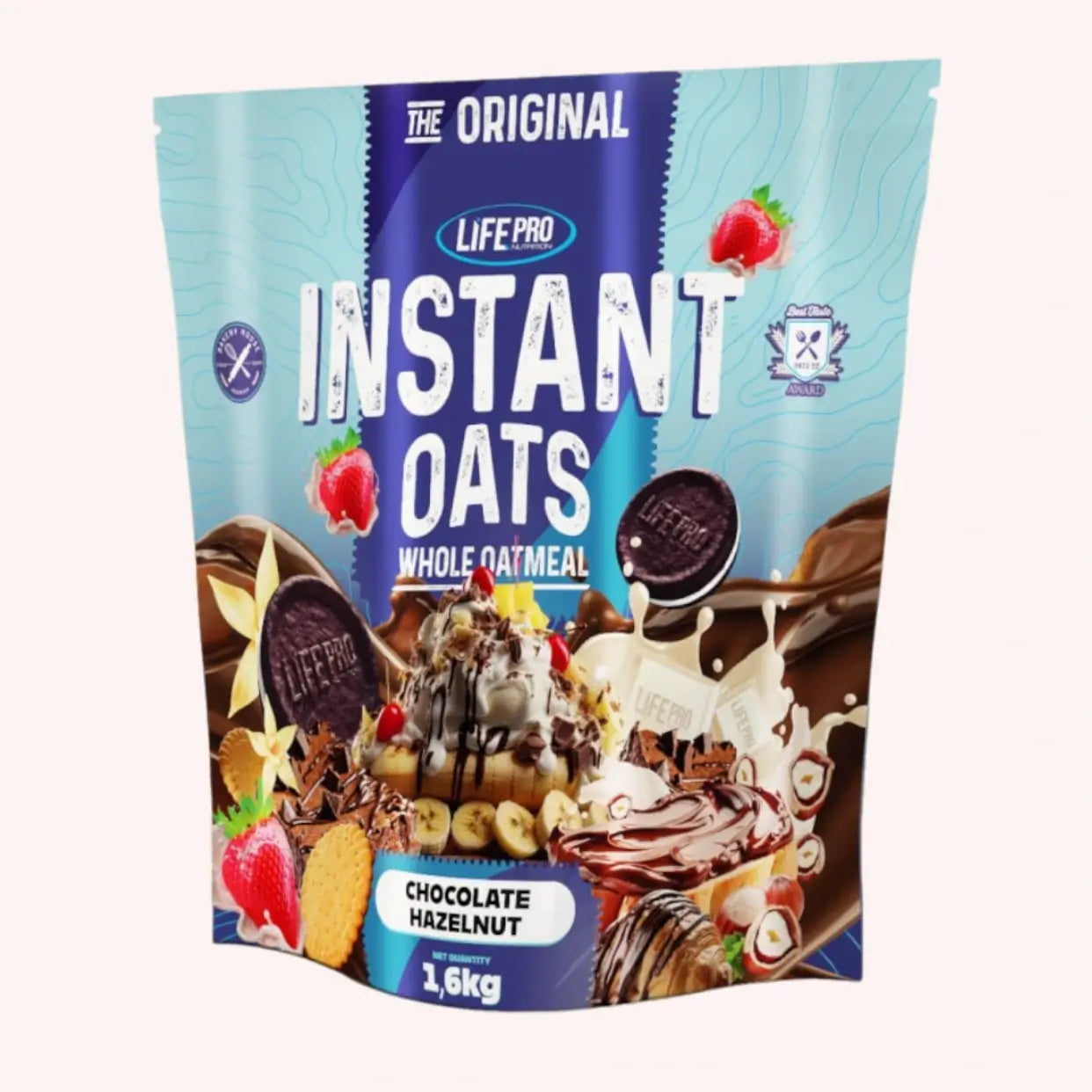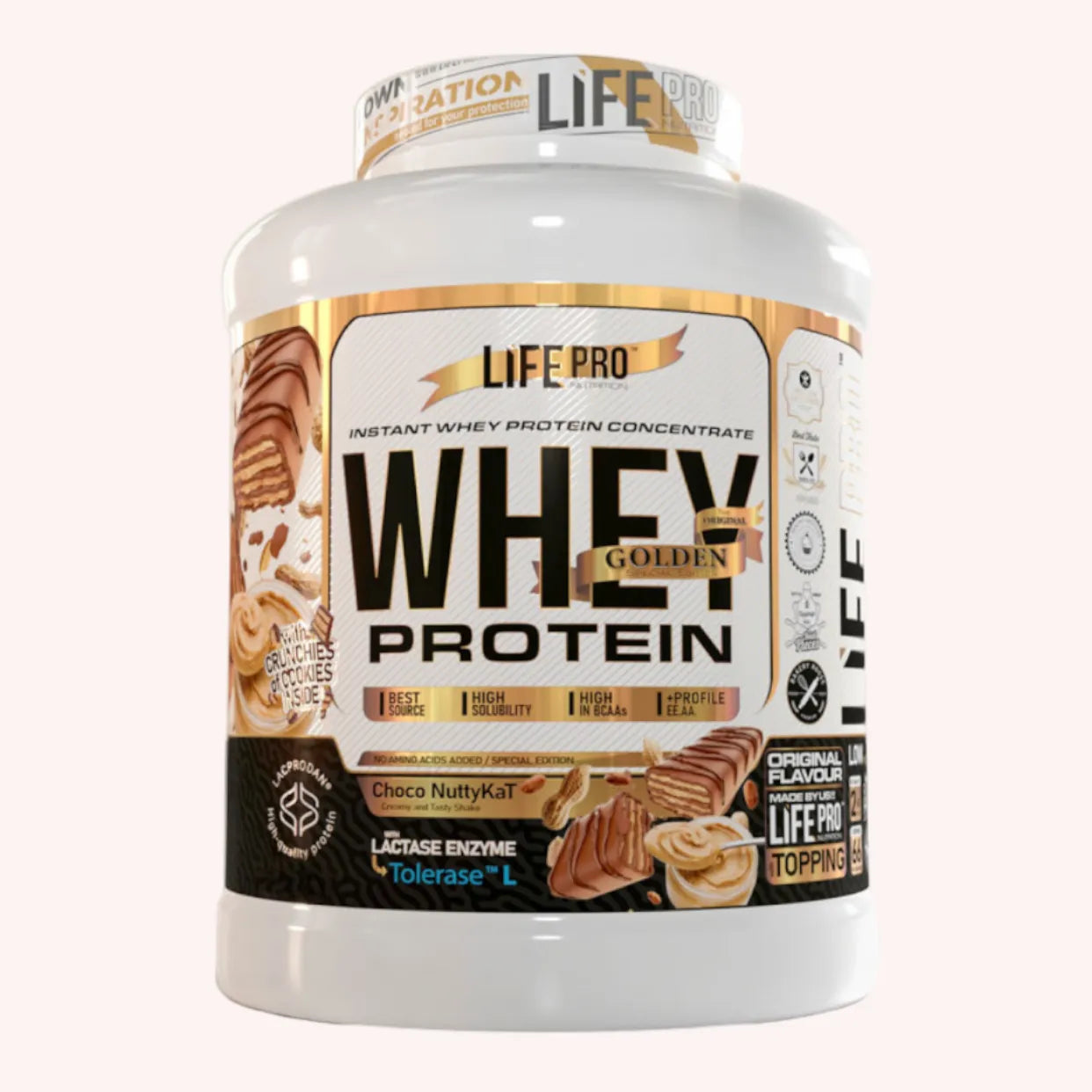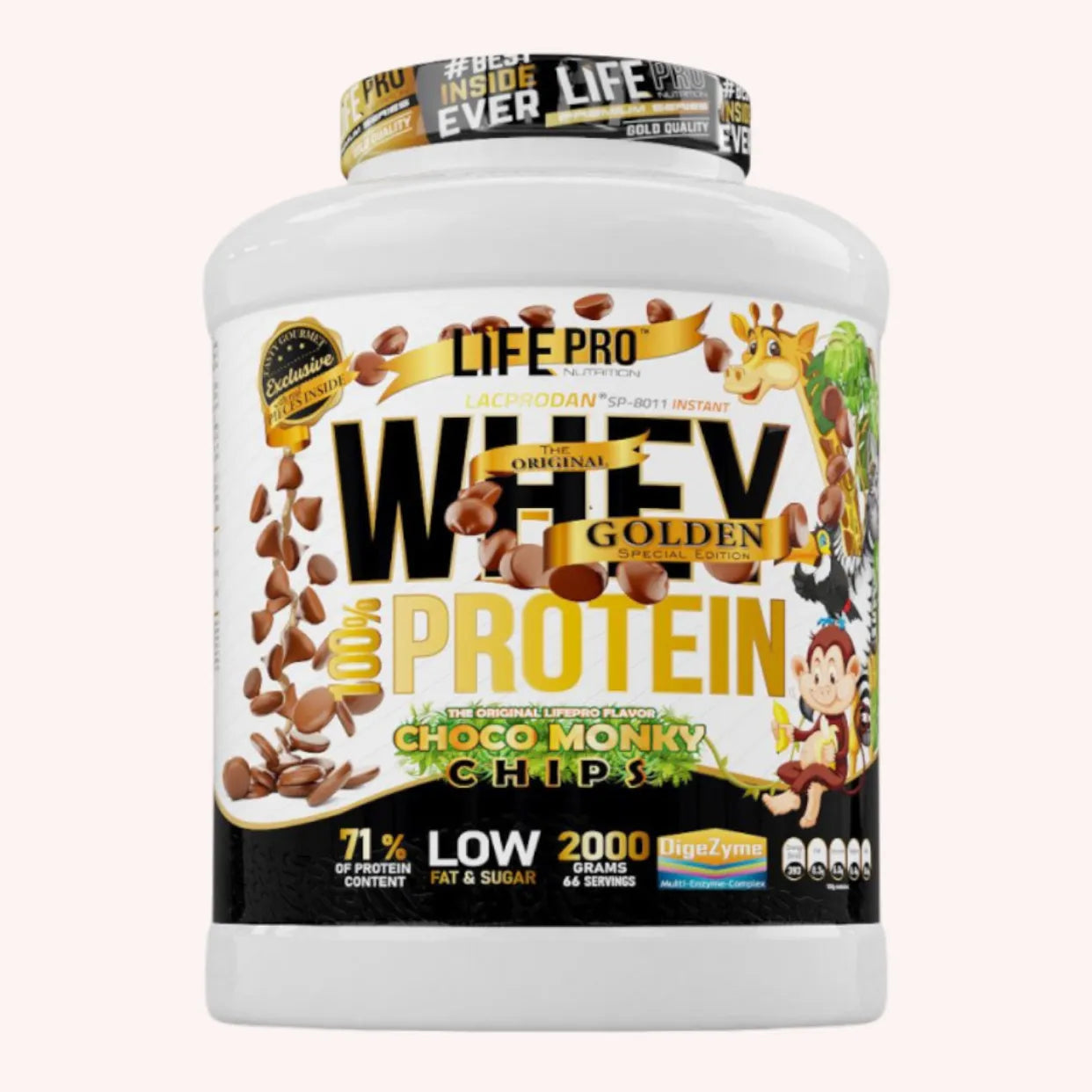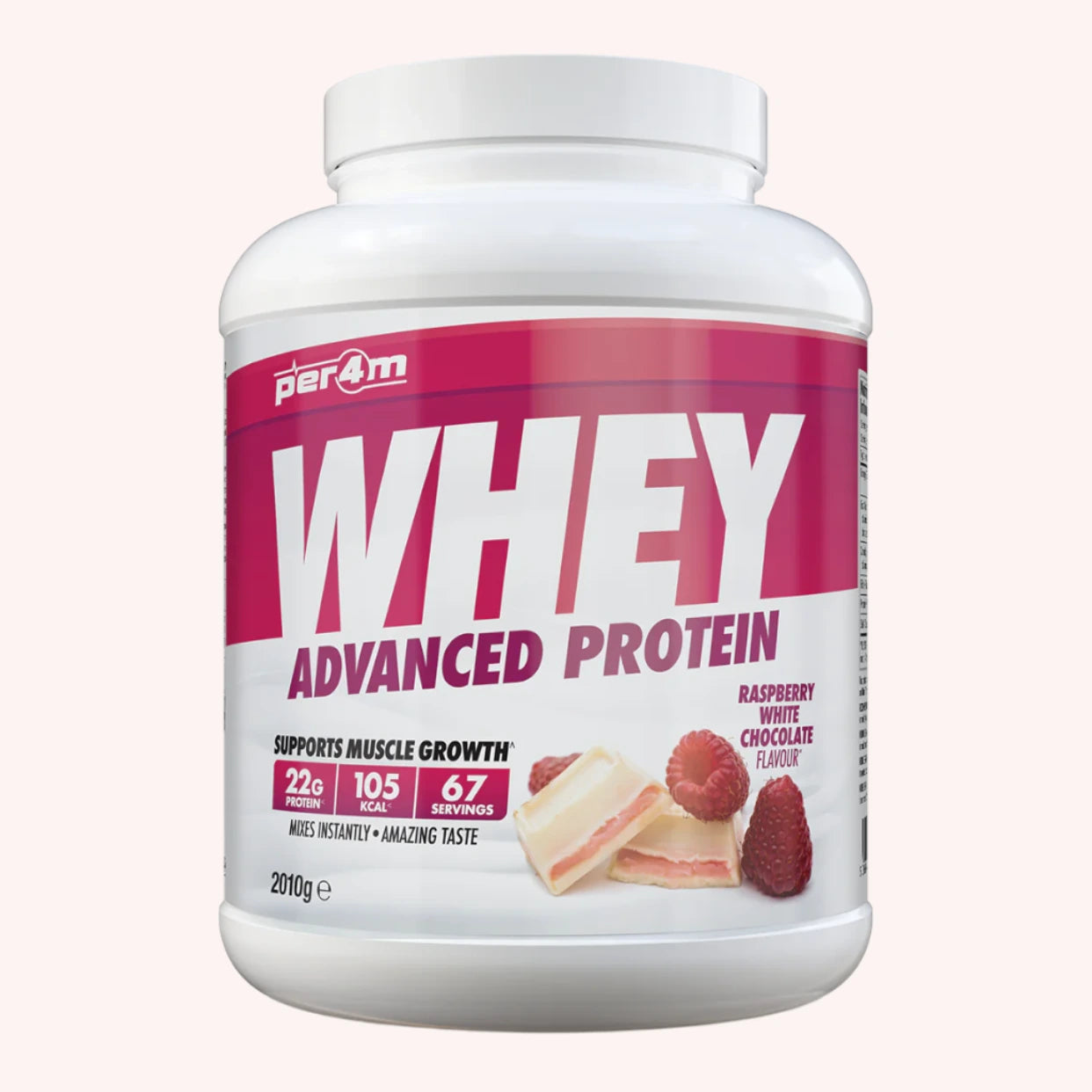Breakfast is often called the most important meal of the day, and for good reason: It plays a vital role for those looking to optimize their day, whether in terms of energy, performance, or nutrition.
A protein breakfast is particularly beneficial for athletes and fitness enthusiasts. By providing a source of protein upon waking, this meal promotes muscle recovery, improves satiety, and allows for better control of calorie intake throughout the day.
Here, find out why and how you should incorporate a protein-rich breakfast into your daily routine.
Why choose a protein breakfast?
A protein breakfast helps you make the most of the early hours of the day by providing the body with essential nutrients for both energy and recovery.
Unlike breakfasts rich in simple carbohydrates, which often cause blood sugar swings and hunger pangs, a protein-rich meal guarantees stable and sustained energy. Here are the main benefits of adopting this type of meal.
Improved satiety
Protein is particularly effective at reducing appetite due to its satiating effect. By slowing down the digestive process, it helps you feel fuller for longer, reducing the likelihood of mid-morning snacking. This prevents cravings, often caused by blood sugar fluctuations after consuming fast-acting sugar. Opting for a protein breakfast is also beneficial for specific programs, such as mass gain and lean muscle building , where regulating intake is essential.
Better control of calorie intake
A protein breakfast helps regulate your calorie intake throughout the day. By reducing cravings for sweets or snacks, it becomes easier to maintain a balanced diet and avoid overindulgence. For those looking to lose weight, this type of breakfast plays a key role in limiting excess calories, especially those from snacks high in carbohydrates or fats.
Adapting your protein intake based on your goals is also essential. Knowing how much protein to consume per day helps you optimize performance and better manage your intake.
Muscle recovery and mass development
Bodybuilders and those who engage in intense physical activity benefit directly from a protein intake first thing in the morning. Muscle fibers, which are stressed during training, need protein to repair and grow. Eating a protein-rich breakfast stimulates the protein synthesis process, which is essential for the regeneration and development of muscle mass. Furthermore, including protein in this meal prevents catabolism (muscle breakdown) after an overnight fast, which is essential in sports nutrition for bodybuilding.
Energy stability
Breakfasts high in simple carbohydrates often cause a rapid spike in blood sugar levels, followed by a sudden drop, causing fatigue and a loss of concentration. In contrast, a protein breakfast provides a gradual release of energy. This stability helps prevent fatigue and improves focus and productivity. For those pursuing specific goals, such as how to cut , maintaining this energy stability is essential for optimizing performance and preserving muscle mass .
The best sources of protein for breakfast
Proteins can come from animal or plant sources, offering a wide variety of options to suit all tastes and needs.
Animal proteins
Animal proteins are particularly interesting because they contain all the essential amino acids needed for muscle regeneration. Here are some examples:
- Eggs: A protein-packed breakfast classic, perfect in an omelet or scrambled eggs.
- Cottage cheese or Greek yogurt: Rich sources of protein and calcium, ideal as an accompaniment with fruit or granola.
- Smoked salmon: Rich in protein and omega-3, perfect on wholemeal toast.
Plant proteins
Plant-based proteins are also a great option, especially for those who prefer a vegetarian or vegan diet:
- Oats: High in fiber and protein, perfect for porridge or a bowl cake.
- Chia seeds: They swell upon contact with liquid and provide an excellent source of protein and omega-3s.
- Peanut Butter: Rich in protein and healthy fats, ideal on whole-grain toast or in a smoothie.
5 quick and tasty protein breakfast ideas
Bowl of Greek yogurt, fruit and granola
Mix 150g of Greek yogurt with 50g of granola and add fresh fruit like berries or banana. This mixture will provide you with protein, fiber, and sustained energy.
Vegetable Omelette
Make an omelet with 3 or 4 eggs and add vegetables like spinach, mushrooms, or peppers. This option is perfect for a protein and vitamin boost.
Oatmeal and Peanut Butter Porridge
Cook 50g of oats with plant-based milk. Add a tablespoon of peanut butter and fruit as a topping. A satisfying meal rich in plant-based protein.
Protein smoothie
Blend a banana, 150g of cottage cheese, a scoop of protein powder, and some berries. This convenient smoothie is perfect on the go.
Salmon and avocado toast
Place a slice of smoked salmon and avocado slices on a slice of whole-wheat toast. Sprinkle with sesame seeds for an extra boost of nutrients.
Protein Breakfast and Weight Loss: A Slimming Ally
For those looking to lose weight, a protein breakfast can be a real boon. The feeling of fullness it provides can help reduce snacking and avoid the insulin spikes caused by sugary breakfasts.
The Importance of Tracking Energy Expenditure
If you exercise regularly, it's essential to tailor your calorie intake to your needs. On average, a man needs about 2,500 calories per day, and a woman needs between 1,800 and 2,000 calories. By tailoring your meals, including breakfast, to your goals, you can optimize your results, whether it's weight loss or muscle gain.
How to integrate food supplements into breakfast?
Health supplements , such as whey or plant-based protein powder, are a convenient way to boost your breakfast with protein. You can add them to a smoothie, porridge, or even pancakes. These supplements make it easy to reach your daily protein intake, which is especially important if you're on a weight training program.
Mistakes to avoid at breakfast
Avoid foods that are too sweet
Although fruit juices and sugary cereals are popular, they cause a rapid rise in blood sugar levels. This sudden increase is often followed by a sudden drop, causing fatigue, cravings, and a loss of concentration. These fluctuations can also disrupt energy management throughout the morning. Instead, opt for fresh fruit, which retains its fiber and vitamins, slowing down the absorption of sugars. For cereals, opt for whole-grain options like oats or whole-grain bread, which provide complex carbohydrates that release energy gradually, avoiding blood sugar spikes.
Neglecting protein intake
A breakfast based solely on carbohydrates, while it may seem sufficient in the short term, does not guarantee sustained energy in the morning. Without protein, you risk experiencing a pre-lunch slump, which can lead to cravings and decreased productivity. Protein is essential for maintaining satiety and supporting muscle recovery, especially if you are following a sports nutrition program.
Ignoring the quality of fats
Not all fats are created equal, and it's essential to make wise choices. Saturated fats, often found in processed foods, pastries, and some animal products, can be harmful if consumed in excess. Conversely, healthy fats like those found in avocados, nuts, seeds, and peanut butter offer many benefits. They contribute to satiety and improve the absorption of fat-soluble vitamins (A, D, E, and K). Incorporating these quality fats into your breakfast not only diversifies your intake, but also ensures stable energy and better appetite control.
A protein breakfast is more than just a meal: It's a valuable ally in achieving your fitness goals and improving your performance. By promoting satiety, muscle recovery, and sustained energy, it fits perfectly into a bodybuilding or fitness routine. Tailoring your breakfast to suit your tastes and needs is the key to starting each day off right.
Sources:
- Westerterp-Plantenga MS et al. – Study on the impact of proteins in weight maintenance : International Journal of Obesity, 2004. : https://www.nature.com/articles/ijo2009135
- NHS UK – Guide to protein and its role in the diet : https://www.natesis.com/importance-of-protein-in-your-diet-why-and-how-to-consume-more-in-your-day
- LaNutrition.fr – Advice on protein consumption and its impact on satiety : https://www.lanutrition.fr/bien-dans-son-assiette/les-nutriments/proteines





